wire size for welder
cave
14 years ago
Related Stories

LIGHTING10 Ways With Wall Lights That Don’t Need to Be Wired In
Learn how to add illumination to your home without carving into the walls
Full Story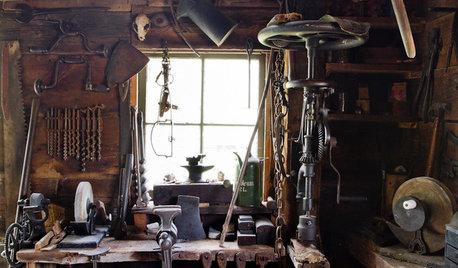
MATERIALSAre You a Maker? Show Us Your Favorite Tool or Material
Houzz Call: A tool or material can be a maker’s best friend. We’d like to see your favorite — and what it helps you achieve
Full Story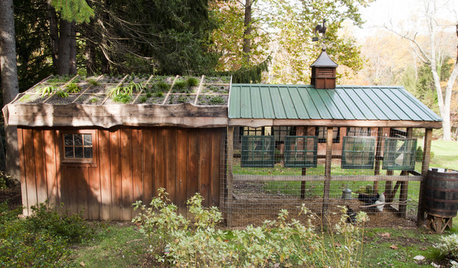
FARM YOUR YARDHouzz Call: Show Us Your One-of-a-Kind Chicken Coops
Do you have a fun or stylish backyard shelter for your feathered friends? Post your pictures and stories in the Comments!
Full Story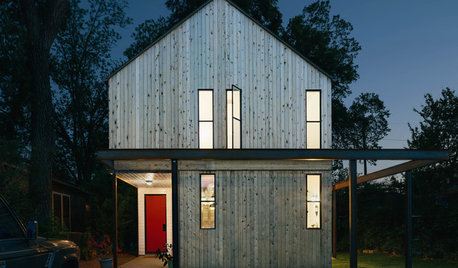
MOST POPULARHouzz Tour: Elbow Grease and Steel Create a Modern Texas Farmhouse
Talk about DIY. This couple acted as architect, interior designer and general contractor to build a one-of-a-kind home on a budget
Full Story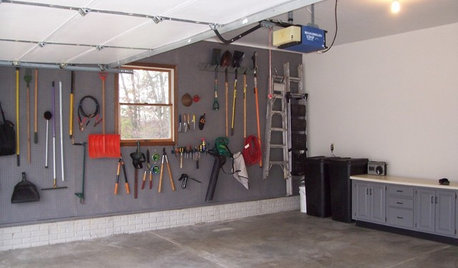
MORE ROOMS6 Garage Organizing Tips That Really Work
National Clean Out the Garage Day: Here's how to clear the clutter and organize what's left
Full Story
GARDENING AND LANDSCAPINGSpring Patio Fix-Ups: 12 Wonderful Ways With Planters
Change the look of your whole patio with just a few thoughtfully placed containers or a trellis brimming with greenery
Full Story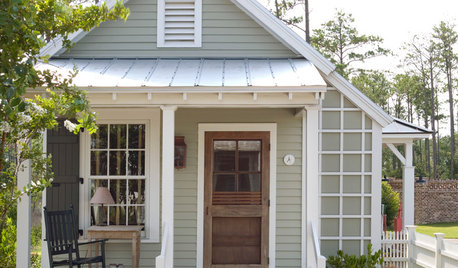
MOVINGHow to Avoid Paying Too Much for a House
Use the power of comps to gauge a home’s affordability and submit the right bid
Full Story
LANDSCAPE DESIGNGreat Design Plant: Sun-Loving Bougainvillea Showers Yards With Color
Bring unbeatable vibrancy to a garden or wall with this unfussy and trainable shrub packed with colorful bracts
Full Story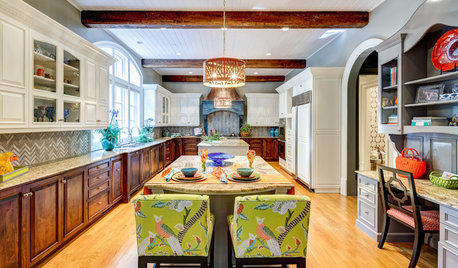
BEFORE AND AFTERSKitchen Rehab: Don’t Nix It, Fix It
A small makeover makes a big impact in a traditional kitchen in Atlanta with great bones
Full Story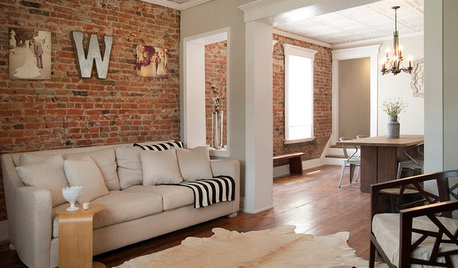
MY HOUZZMy Houzz: Surprise Revealed in a 1900s Duplex in Columbus
First-time homeowners tackle a major DIY hands-on remodel and uncover a key feature that changes their design plan
Full Story





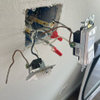


Ron Natalie
brickeyee
Related Professionals
Alamo General Contractors · American Canyon General Contractors · Elyria General Contractors · Everett General Contractors · Galveston General Contractors · Jackson General Contractors · Mashpee General Contractors · Melville General Contractors · Millville General Contractors · Noblesville General Contractors · Olney General Contractors · River Forest General Contractors · Tustin Solar Energy Systems · Castle Rock Home Automation & Home Media · Park Ridge Home Automation & Home MediaRon Natalie
petey_racer
bigbird_1
Ron Natalie
brickeyee
Ron Natalie
bigbird_1
petey_racer
brickeyee
petey_racer